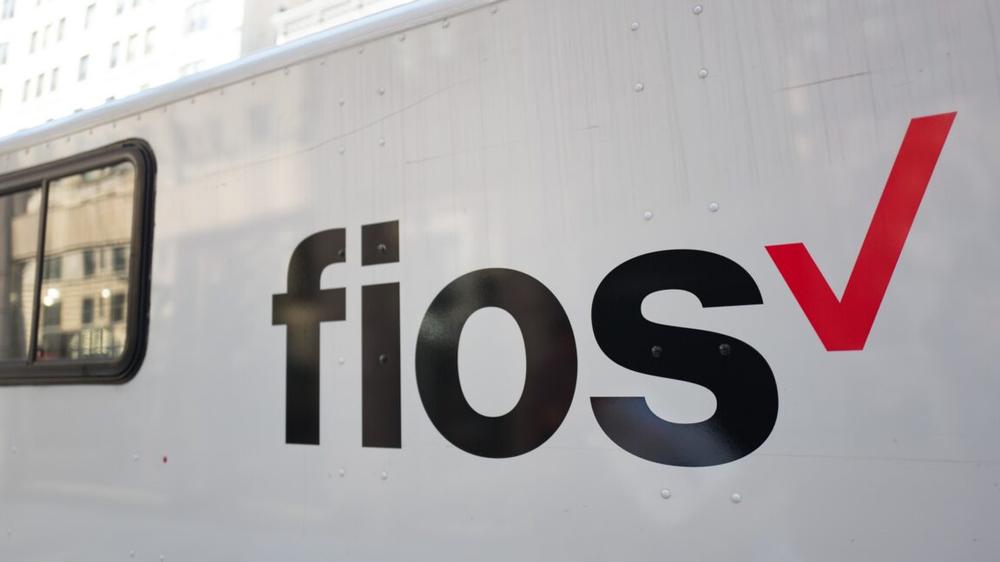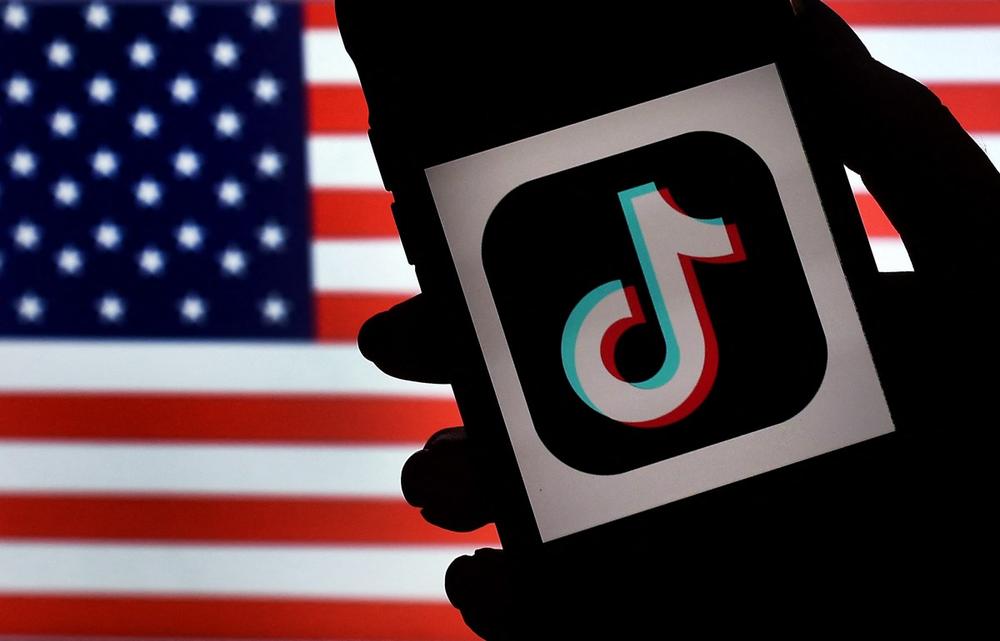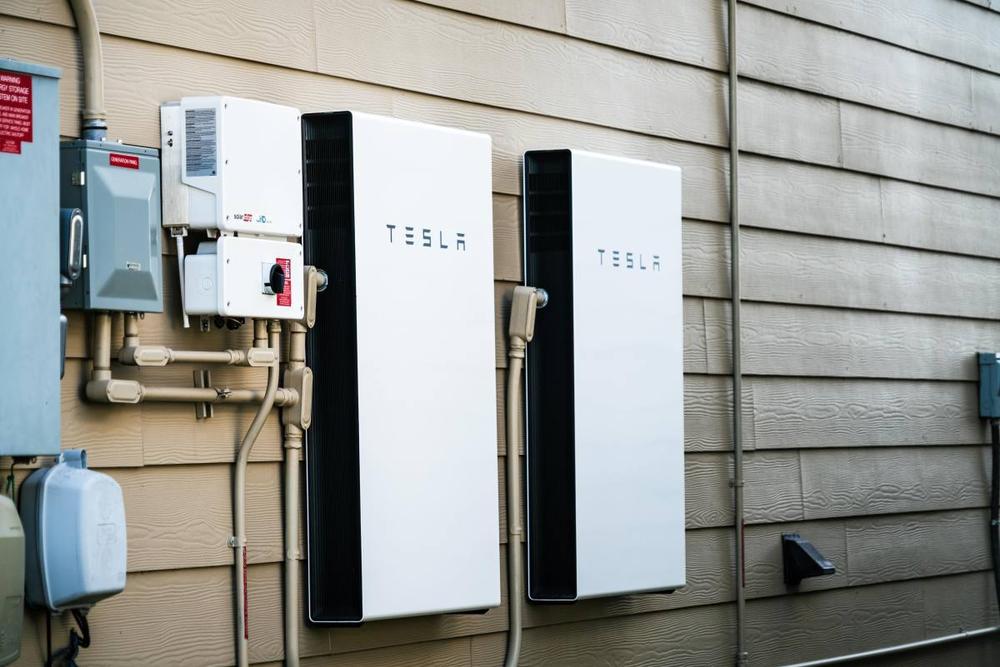Verizon agreed to offer $20-per-month broadband service to people with low incomes in California in exchange for a merger approval.
In a bid to complete its $9.6 billion purchase of Frontier Communications, Verizon committed to offering $20 fiber-to-the-home service with symmetrical speeds of 300Mbps. Verizon also committed to offering a $20 fixed wireless service with download speeds of 100Mbps and upload speeds of 20Mbps.
Verizon would be required to offer the plans for at least 10 years, according to a joint motion to approve the settlement agreement. After three years, Verizon would need to "make commercially reasonable efforts" to increase the speeds "while retaining the $20 price point." The joint motion filed by Verizon and the California Public Advocates Office seeks approval from the California Public Utilities Commission (CPUC).
The $20 plans would be available to people who meet income eligibility guidelines and can be paired with Lifeline discounts. "My team required those options to be California Lifeline eligible, which effectively makes it free for low-income Californians throughout the state," wrote Ernesto Falcon, a program manager at the Public Advocates Office. California's Lifeline program provides $19 discounts.
Falcon also wrote that the settlement would expand fiber deployment beyond what Frontier would have offered on its own. "If the merger is approved, Verizon will deliver 75,000 new fiber-to-the-home connections in California beyond Frontier's entire buildout plan with a priority for low-income households," he wrote. The deal also requires 250 new cell sites for Verizon's 5G network.
Tension with Trump admin demands
The Verizon/California settlement was reached amid tension between states and the Trump administration over price requirements imposed on ISPs. A California lawmaker proposed a bill that would have forced Internet service providers to offer $15 monthly plans to people with low incomes, but shelved the effort after Trump administration officials threatened to block states from a $42 billion broadband deployment fund if they require specific prices for low-income plans.
There is also disagreement between California and the Trump administration about DEI (diversity, equity, and inclusion) policies. Federal Communications Commission Chairman Brendan Carr has threatened to block mergers if companies don't eliminate DEI programs.
Verizon agreed to end DEI programs in May, resulting in the FCC's approval of the Verizon/Frontier merger. According to Falcon, Verizon's promise to the FCC may prove to be trouble in California's review of the merger.
"We still have more work to do to resolve the DEI problems the FCC created that conflict with California laws," Falcon wrote. "It is my hope that we address those to see California as the first state to deliver free Internet access throughout the state next year."
The CPUC previously asked Verizon for specific details on how it will comply with California rules in the absence of DEI programs. That includes rules on supplier diversity and a state law requiring annual reports on hiring of women, minorities, disabled veterans, and LGBTQ+ individuals.
Verizon gathering approvals from state governments
Verizon CFO Anthony Skiadas said in a July earnings call that the firm is on track to close the acquisition in early 2026. "We have received regulatory approvals from eight states as well as the FCC and DOJ and are productively engaged with the remaining state regulatory agencies," he said.
Verizon generally offers discounted service with "Verizon Forward" and has been agreeing to expand the program in specific states to gain merger approvals. Last week, the Pennsylvania Public Utility Commission approved a settlement with Verizon that would extend the low-income plans to Frontier territory for at least four years.
The Pennsylvania agreement says the discount results in a "lowest available price of $20 when combined with federal Lifeline." But it also provides that if Verizon makes stronger commitments in other states, it must apply those enhancements to customers in Pennsylvania. The California and Pennsylvania deals both cover network maintenance, requiring detailed audits of Frontier's copper and fiber networks and programs to identify and fix infrastructure problems.
Frontier has about 3 million customers in 25 states. Verizon agreed to pay $9.6 billion and take on over $10 billion in debt held by Frontier.

 What to know about TikTok’s uncertain future in the US and the people who want to buy it
What to know about TikTok’s uncertain future in the US and the people who want to buy it